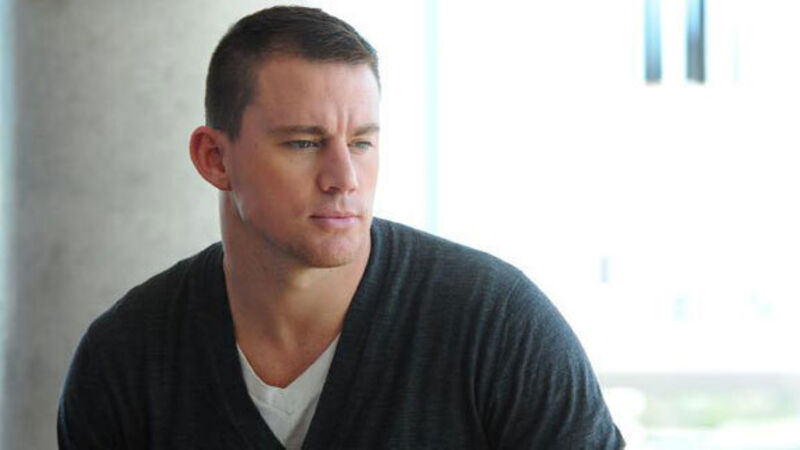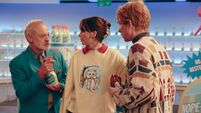How Channing Tatum went from stripper to Hollywood megastar

Last year, a university in Illinois called Robert Morris decided to offer scholarships to prospective members of its new varsity video-game team.
At a time when mathletes, chess kings, and all manner of nerds have avenged themselves thoroughly and far beyond the horn-rimmed realm of Silicon Valley, this piece of news shouldn’t have raised any hackles.











